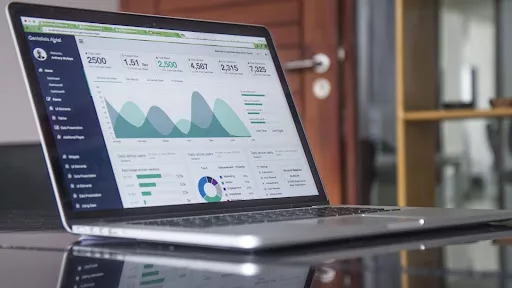What is First Party Data?
First party data refers to the information that a company collects about its customers through its own interactions and transactions. This type of data is considered to be highly valuable because it is collected directly from the source, rather than being purchased or obtained from a third party.
One of the main benefits of first party data is that it allows companies to gain a deeper understanding of their customers. This can include information about their demographics, preferences, and behaviors. By having access to this type of data, companies are able to tailor their marketing efforts, products, and services to better meet the needs of their customers.
Deeper Understanding of Customers
Amazon is a great example of a company that uses first party data to improve its targeting and personalization efforts. The company collects a vast amount of data on its customers, including their browsing and purchase history, and uses this information to make personalized product recommendations and create targeted advertisements.
Netflix is another company that uses first party data to improve its customer engagement. The company collects data on the shows and movies that its customers watch, and uses this information to create personalized recommendations and to develop new content that is tailored to the interests of its audience.
Google is an example of a company that uses first party data to improve its search results and advertising. The company collects data on its users’ search history and browsing behavior, and uses this information to deliver more relevant search results and targeted advertisements.
Improve Targeting and Personalization Efforts
Another important benefit of first party data is that it can help companies to improve their targeting and personalization efforts. For example, by understanding the browsing and purchase history of their customers, companies can create more relevant and effective advertisements. Additionally, by analyzing first party data, companies can identify patterns and trends that can help them to predict future customer behavior.
Additionally, First party data also helps in building trust and transparency with customers. Many customers are becoming increasingly concerned about how their personal information is being used and shared. By collecting and using first party data, companies can demonstrate to customers that they are being transparent about how their data is being used and that they are taking steps to protect it.
Data Protection Compliance
On the other hand, first party data also helps companies to comply with data protection regulations such as GDPR and CCPA. These regulations require companies to have detailed records of the data they collect and how it is used. By collecting and managing first party data, companies can ensure that they are in compliance with these regulations.
In conclusion, first party data is an important asset for companies of all sizes and industries. By collecting and analyzing this type of data, companies can gain valuable insights into their customers, improve their targeting and personalization efforts, and comply with data protection regulations. Additionally, it helps in building trust and transparency with customers.
The importance of first party data is only set to increase in the future, as companies continue to face increasing competition and pressure to better understand and engage with their customers.
For more information on first party data, please check out these LeadsRx web pages:
- https://leadsrx.com/blog/first-party-data-importance-marketing/
- https://leadsrx.com/blog/first-party-data-privacy-compliance/
These links provide an in-depth look at the importance of first-party data in marketing, and how it can be used to improve targeting and personalization efforts while also being compliant with data protection regulations.
Learn more about LeadsRx Attribution™ or click and schedule a brief demonstration today:

